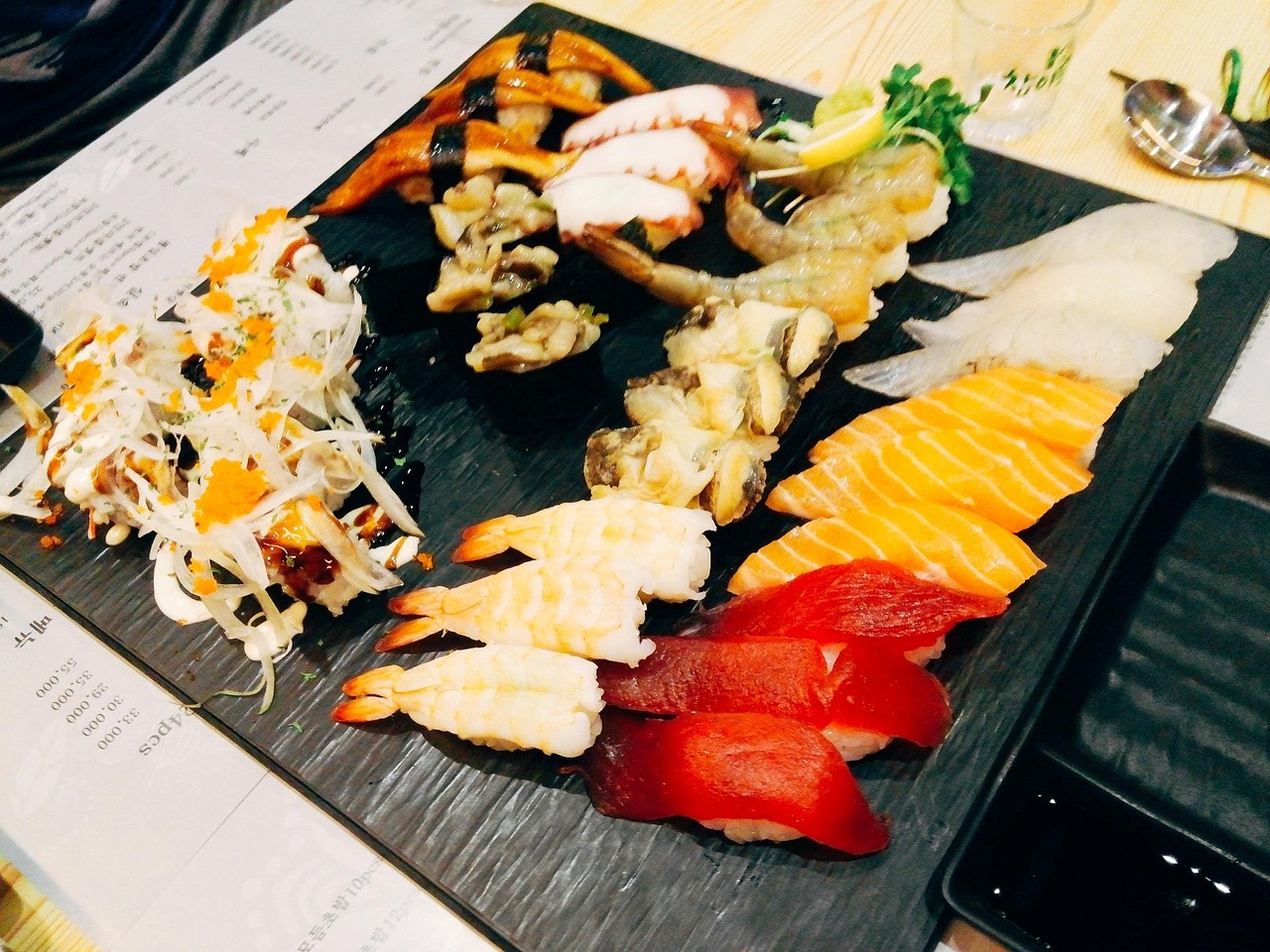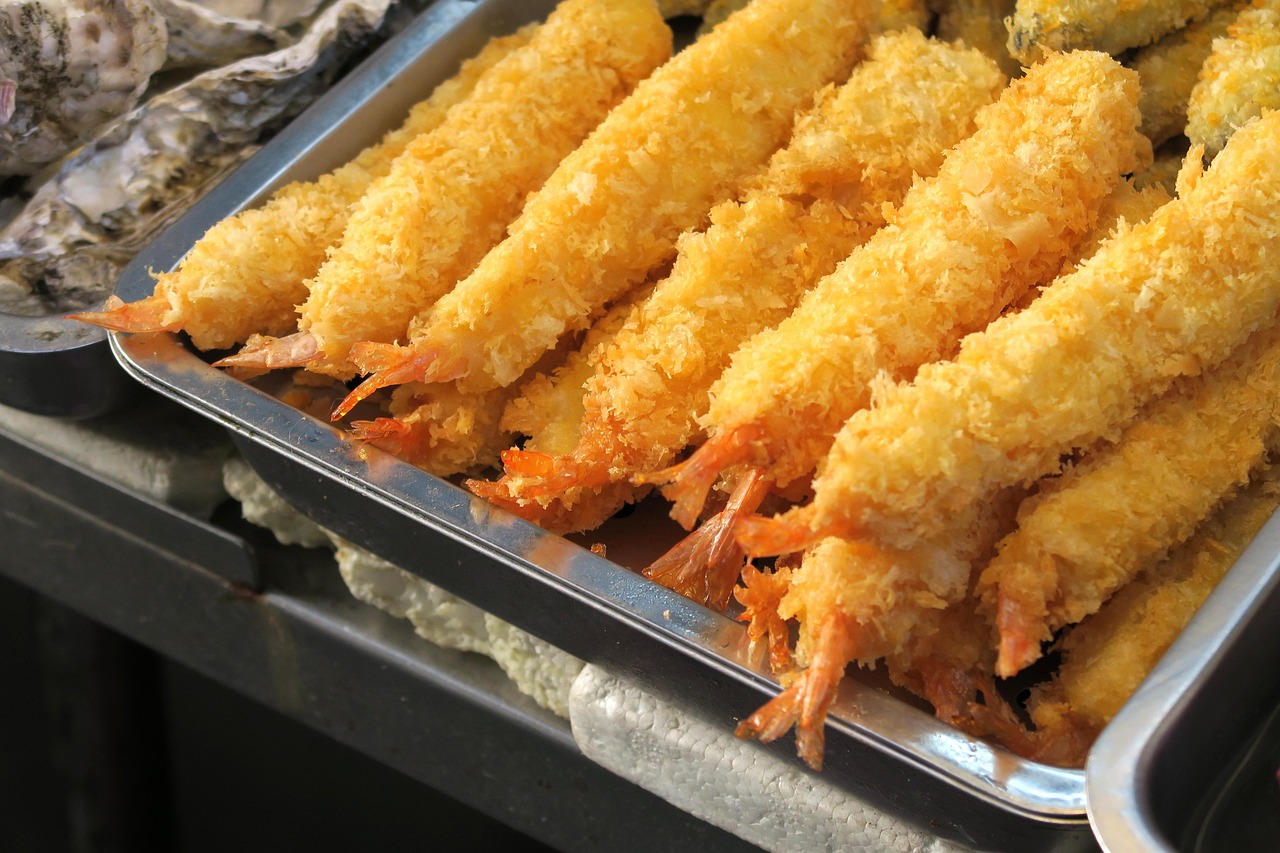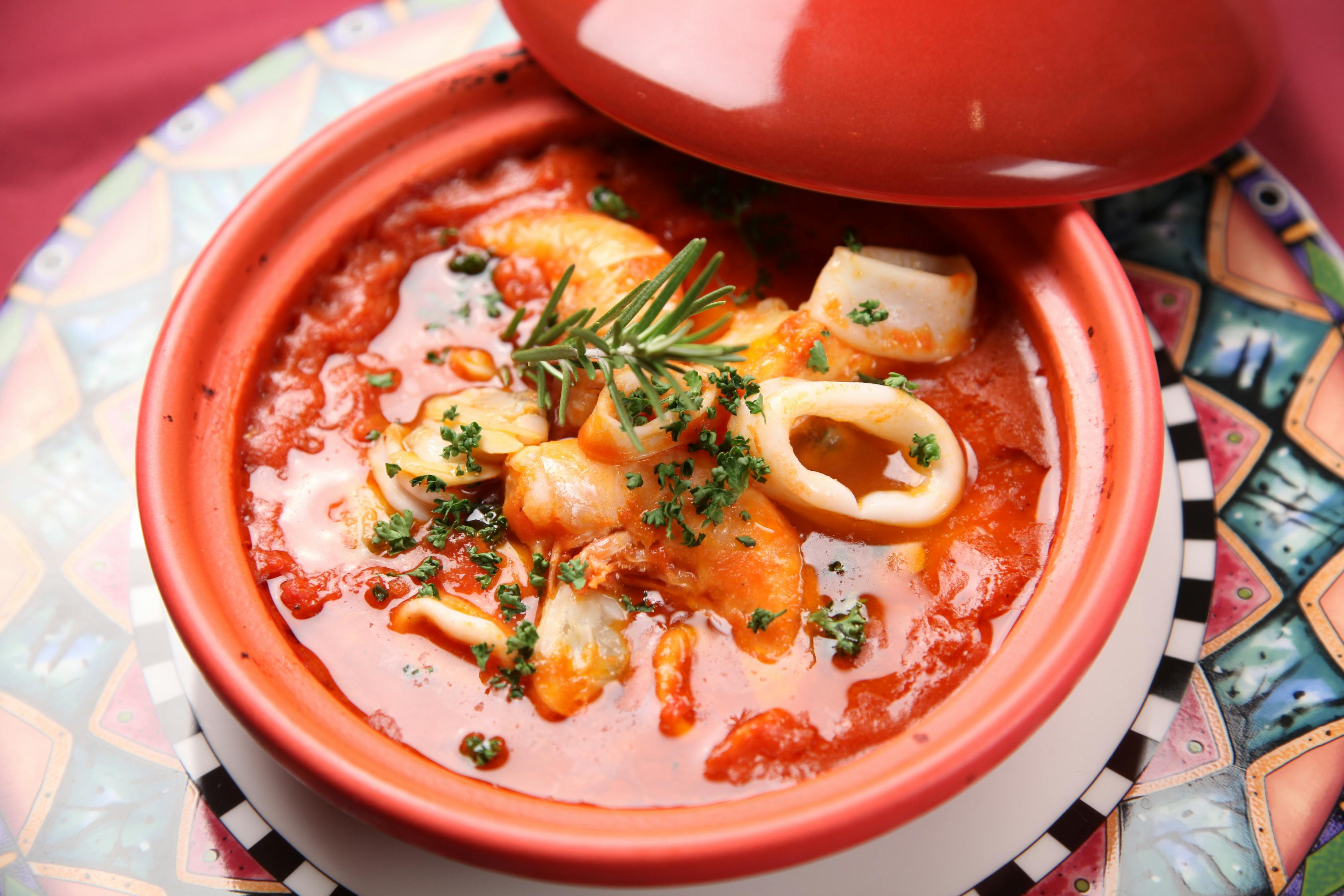A Culinary Journey: Exploring the World Through Food" is a captivating exploration of global cuisines. This journey takes readers on a gastronomic adventure, showcasing the diverse flavors and culinary traditions from various cultures. It delves into the history, ingredients, and techniques that define each region's unique culinary identity. Through this immersive experience, readers will gain a deeper appreciation for the art of cooking and the cultural significance of food around the world. The book encourages readers to broaden their palates and embrace the flavors of different cuisines, fostering a greater understanding and appreciation of global culinary diversity.
Introduction
Embarking on a culinary journey is more than just tasting different dishes; it's an exploration of cultures, histories, and the human spirit. Food is a universal language that transcends borders, and a meal can tell stories of a place's past and present. In this article, we will delve into the concept of a "culinary journey" and how it can enrich our understanding of the world through the lens of gastronomy.
The Meaning of a Culinary Journey
A culinary journey, often referred to as a "food tour" or "gourmet travel," is a type of travel experience that focuses on the exploration of local cuisines, food culture, and culinary traditions. It's about more than just eating; it's about learning the stories behind the dishes, understanding the ingredients, and experiencing the preparation methods. This journey can take many forms, from guided tours in a city to self-guided explorations in rural areas, or even participating in cooking classes to learn the secrets of local chefs.
The Importance of Food in Cultural Identity
Food is a fundamental part of any culture. It's not just about sustenance; it's about tradition, family, and community. Every culture has its own unique dishes that have been passed down through generations, each with its own story and significance. A culinary journey allows travelers to immerse themselves in these traditions and gain a deeper understanding of the people and their way of life.
For example, in Italy, a simple pizza is not just a meal; it's a symbol of the country's love for fresh, high-quality ingredients and the art of craftsmanship. In Japan, sushi is more than just fish and rice; it's a reflection of the country's respect for nature and the meticulous attention to detail in every aspect of life. By understanding the cultural significance of food, we can gain insights into the values and beliefs of a society.
The Role of Food in Social Interaction
Food is also a social connector. Sharing a meal is a universal way to bring people together, whether it's a family dinner, a community feast, or a business lunch. A culinary journey can enhance this social aspect by introducing travelers to new dining experiences and the opportunity to interact with locals.
For instance, in Spain, the tradition of tapas is not just about the small dishes; it's about the social experience of dining. People gather in bars, order a few tapas, and engage in conversation, making it a perfect setting for a culinary journey that combines food with social interaction.
The Impact of Food on the Economy and Environment
A culinary journey can also shed light on the economic and environmental aspects of food production. By visiting local markets, farms, and producers, travelers can learn about the sustainable practices employed and the economic impact of the food industry on the local community.
In countries like France, where the focus is on terroir (the concept that the flavor of food is influenced by the specific environment in which it is produced), a culinary journey can reveal the importance of preserving local food traditions and the environment. This awareness can lead to more sustainable food choices and support for local economies.
The Evolution of Cuisine
Culinary journeys can also provide a window into the evolution of cuisine. As people migrate and cultures mix, food traditions evolve, creating new dishes and flavors. This fusion of culinary styles can be seen in cities like New York, where immigrants from all over the world have brought their recipes and cooking techniques, resulting in a diverse and vibrant food scene.
By exploring these culinary evolutions, travelers can gain a deeper appreciation for the history and development of global cuisines.
The Joy of Discovery
One of the most exciting aspects of a culinary journey is the joy of discovery. Trying new foods, learning about unfamiliar ingredients, and experiencing different flavors can be a thrilling adventure. This sense of exploration can lead to a greater appreciation for the diversity of the world's cuisines and a deeper understanding of the creativity and innovation that goes into food preparation.
For example, in India, the vast array of regional dishes, each with its own unique spices and cooking methods, can be a revelation for those who have only experienced a limited range of Indian cuisine. A culinary journey through India can open up a world of flavors and textures, showcasing the complexity and richness of the country's food culture.
The Role of Food in Personal Growth
Finally, a culinary journey can contribute to personal growth. The experience of trying new foods and learning about different cultures can broaden one's perspective and foster a greater sense of empathy and understanding. It can also inspire creativity in the kitchen, as travelers return home with new recipes and cooking techniques to experiment with.
Conclusion
A culinary journey is more than just a vacation; it's an educational and transformative experience. It's a way to connect with the world on a deeper level, to understand different cultures, and to appreciate the art and science of cooking. By embarking on a culinary journey, we can enrich our lives with new flavors, stories, and perspectives, making every meal an opportunity for learning and growth. So, the next time you travel, consider making your taste buds your guide and let your culinary journey begin.
















 京公网安备11000000000001号
京公网安备11000000000001号 闽ICP备2023004937号-3
闽ICP备2023004937号-3